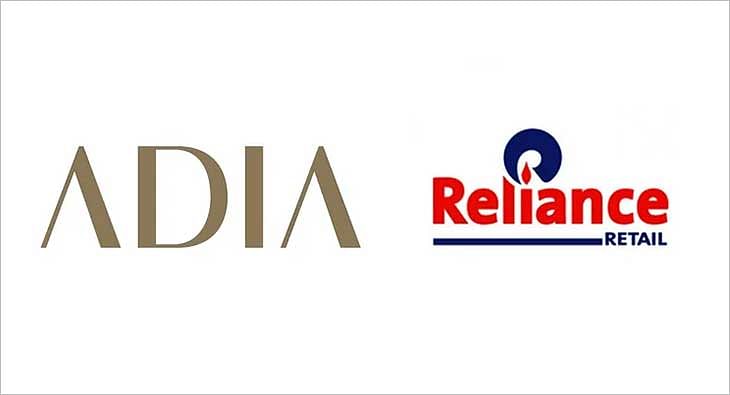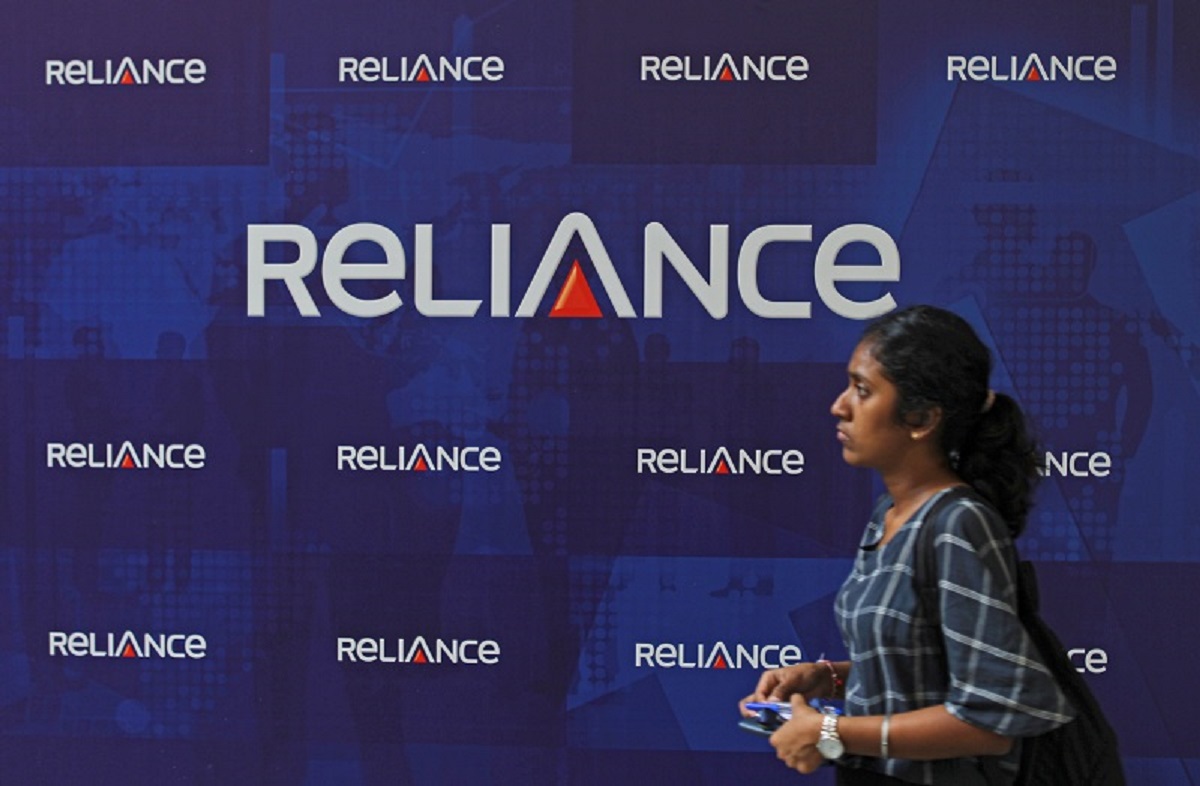ADIA’s $600 Million Investment in RIL’s Retail Business; A Strategic Move Amidst Soaring Valuations
Abu Dhabi Investment Authority (ADIA) is set to bolster its stake in Reliance Industries Limited's (RIL) flourishing retail empire. ADIA is reportedly eyeing an investment of $600 million in RIL's organized retailing business, marking a significant expansion of its existing involvement. The move comes at a time when valuations for RIL's retail arm are soaring, raising eyebrows among equity analysts and igniting discussions about the true worth of this privately held retail giant.

ADIA’s Continued Investment in RIL’s Retail Ventures
Abu Dhabi Investment Authority (ADIA), an oil-rich Gulf sovereign fund, is now adding up an additional stake in Mukesh Ambani’s Reliance Retail by seeking to invest $600 million, at valuations that significantly exceed those during an earlier concluded round three years ago
ADIA initially entered the scene in October 2020 when it acquired a 1.2% stake in Reliance Retail Ventures (RRVL) for Rs 5,512.50 crore ($751 million).
This investment coincided with RIL’s strategic decision to raise capital by selling a 10.09% stake to a group of prominent investors, including Saudi PIF, Mubadala, GIC of Singapore, Silverlake, TPG, and GA.
Among these investors, KKR has already made a follow-on investment of Rs 2,069.50 crore, valuing RRVL at a pre-money equity value of Rs 8.361 lakh crore ($100 billion), thus propelling RRVL into the ranks of the top four companies by implied market capitalization in India.
Interestingly, Qatar’s $1-billion infusion has been the only fresh investment in the current round of fundraising.

Soaring Valuations and Market Position
The current valuation of RRVL, estimated at around $100 billion, represents a substantial 60% premium compared to the valuation from the previous financing round three years ago. However, this valuation is still lower than what some equity analysts suggest, with AllianceBernstein proposing a $131-billion valuation for Reliance Retail.
RIL itself valued RRVL at $148 billion when it decided to buy out minority shareholders and employee stock option holders at a 60% premium to the valuations determined by independent valuers, Ernst & Young Merchant Banking Services and BDO Valuation Advisory.
The formal announcement of this buyout is expected in the coming days.
RRVL’s $100-billion valuation makes it the 12th largest retail giant globally, surpassing companies like JD.com, Target, Midea, and Lululemon; while it still lags behind industry giants like Amazon, LVMH, Walmart, Home Depot, and Alibaba, the steady growth and strategic investments in RRVL have positioned it as a formidable player in the retail sector.

Future Plans and Expansion
Mukesh Ambani, Chairman of Reliance Industries, has indicated a strong interest from marquee investors in RRVL.
The company is reportedly looking to raise between $1.5 billion and $4 billion in its ongoing fund-raising efforts, which many view as a benchmark-setting exercise ahead of a potential listing.
Ambani had previously stated that the retail business would be listed within the next five years.
RRVL’s financial performance has been impressive, with an annual revenue of Rs 2,60,364 crore in FY23, recording a 30% year-on-year growth, and the company posted an EBITDA of Rs 17,928 crore and a net profit of Rs 9,181 crore.
Half of its revenues are derived from grocery, and its expansion into newer categories and formats, as well as the FMCG business, have contributed to its growth; however, the business’s gross debt has also increased significantly due to these expansions.
Gross debt for Reliance Retail standalone business as of FY23 end was reported at Rs 70,937.72 crore, up from Rs 40,756.44 crore at FY22 end. Net debt to EBITDA was 4X. The management expects Reliance Retail to be its fastest-growing business in revenue and EBITDA.

The Expanding Footprint
Reliance Retail currently houses a wide range of retail businesses, including Reliance Digital, Jio Mart, and over 18,000 brick-and-mortar stores.
The company’s store footprint is expected to grow to 100 million sq ft in the next 3-5 years, with two-thirds of these stores located in Tier II, Tier III cities, and smaller towns.
Reliance also launched its FMCG foray, acquiring and partnering with several legacy and regional brands — Campa Cola, Sosyo, and Lotus, and partnerships include those with General Mills and Maliban; it also plans to scale it up further in India as well as tap global markets starting with Asia and Africa.
As per CLSA calculations, the capex in Reliance’s retail business rose to $6 billion in FY23. Investments from funds like QIA will help fund future capex and keep debt in retail under control. At the same time, several Reliance group watchers argue that the company is still in its “investment phase” and would likely continue to have high capex and return on equity/return on invested capital.
The Last Bit, ADIA’s decision to invest an additional $600 million in RIL’s retail business reflects its confidence in its growth potential and the strong partnership between the two entities.
Despite soaring valuations, RIL’s retail arm continues to attract significant interest from investors and analysts, setting the stage for its potential listing in the coming years.
As Reliance Retail extends its presence across India and ventures into new markets, it undoubtedly is emerging as a key player in the retail sector.




